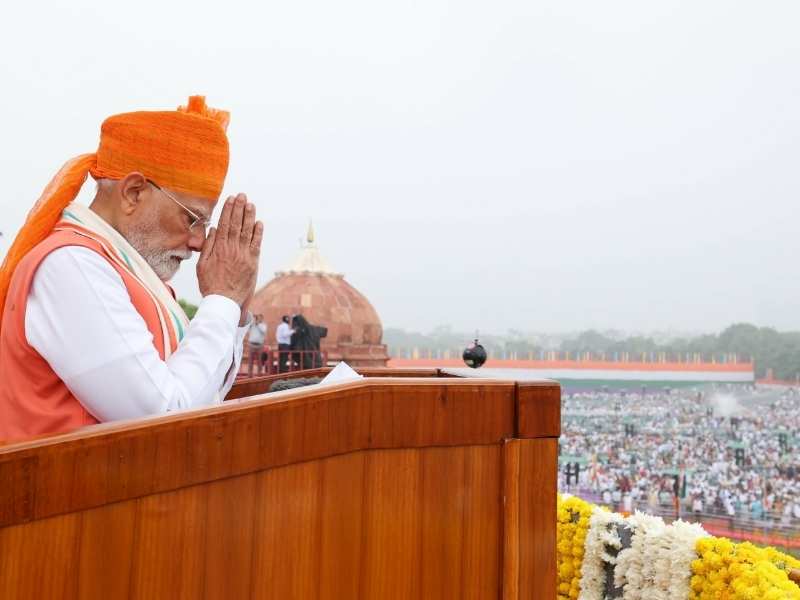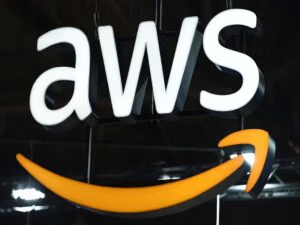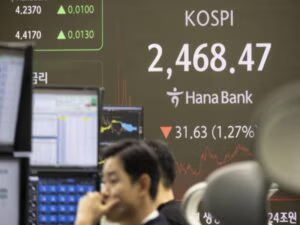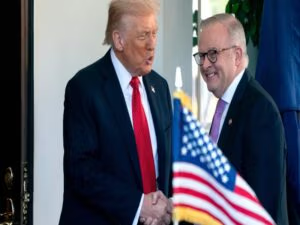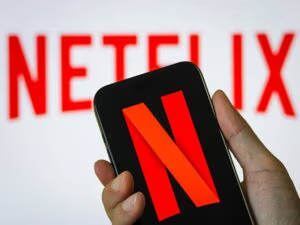In a nearly two-hour address delivered from the Red Fort today, on August 15, 2025, India’s Prime Minister Narendra Modi charted a vision for a “self-reliant, resilient, and prosperous India”- reaffirming the enduring relevance of the Atmanirbhar Bharat ethos. Amid global trade shifts and fluctuating strategic realities, his message resonated with urgency, innovation, and national strength. From showcasing India’s military prowess to heralding breakthroughs in technology, energy, and demographic security, he also positioned Atmanirbhar Bharat not as an ideal but as the operational foundation of a Viksit Bharat. Here’s what the speech revealed:
PM Modi Praises Indigenous Defence Capabilities Showcased in Operation Sindoor
Modi invoked the swift military success of Operation Sindoor to drive home the dividends of self-reliance. He described it as a turning point in India’s defence landscape, further mentioning that India would no longer tolerate any nuclear blackmail and also declaring the beginning of an era in which “blood and water won’t flow together,” in a clear reference to the Indus Waters Treaty. “If we were not self-reliant, would we have been able to carry out Operation Sindoor with such swift speed? … the power of Made in India was in the hands of our army.” He added that over the past decade, “we have consistently pursued a mission of self-reliance in the defence sector, and its results are visible today.”
He also lauded the strength of India’s defence manufacturing, highlighting the role of locally produced weaponry in the successful execution of Operation Sindoor. He emphasized the power of indigenous arms, saying, “We have seen the wonders of Made in India in Operation Sindoor. Even the enemy was shocked at the kind of ammunition that was destroying them within seconds.”
Reflecting on India’s growing self-reliance in defence, he questioned whether such an operation would have been possible without domestic capability. Modi added that over the past decade, the government has consistently pursued the goal of strengthening India’s defence sector through self-reliance.
Addressing the nation on Independence Day. https://t.co/rsFUG7q6eP
— Narendra Modi (@narendramodi) August 15, 2025
India’s First Indigenous Semiconductor Chip to Hit Market by Year-End
A technological landmark was announced: for the first time, India’s own semiconductor chips will hit the market by the end of 2025. Modi emphasized the urgency of this milestone, characterizing it as a “mission-mode” effort toward tech self-sufficiency. He highlighted the country’s progress in the sector, stating that six semiconductor units are already operational, with four new ones approved. “By the end of this year, made in India, made by the people of India, made in India chips will come into the market,” he said. The Prime Minister emphasized that India is now advancing in semiconductors “in mission mode” after decades of stagnation in this technology space.
“My dear youth, you will be surprised to know that today, the semiconductor, which has become the strength of the world, 50-60 years ago, that thought process, those files, got stuck. They got stuck. The thought process of the semiconductor itself was stalled,” Modi noted. He said the country has “now freed itself from the burden of the past” and is moving forward with determination. Industry estimates cited in an official statement indicate that the Indian semiconductor market reached USD 45–50 billion in 2024–2025, up from USD 38 billion in 2023. The Union Cabinet recently approved four new semiconductor plants, including a unit in Assam.
PM Modi lauds RSS for its 100-year journey in service of nation
India is working on futuristic sectors to power growth and self-reliance.
— Narendra Modi (@narendramodi) August 15, 2025
We are going to start a National Deepwater Exploration Mission to harness the potential in this sector.
We will also be increasing our efforts in critical minerals. pic.twitter.com/8QoFDZlCsd
Prime Minister Narendra Modi on Friday praised the Rashtriya Swayamsevak Sangh (RSS) for completing 100 years of service, calling it a “very proud and glorious” journey and hailing it as the “world’s biggest NGO”. He also commended the dedication of RSS volunteers towards the service of the nation. Delivering his address to the nation from the ramparts of the Red Fort on the occasion of the 79th Independence Day, PM Modi emphasized that the country is not shaped by the government or those in power alone. He noted that the nation’s strength comes from the contributions of crores of people – “including saints, seers, scientists, teachers, farmers, soldiers, labourers, individuals, and organisations,” he said.
India to Launch ‘Sudarshan Chakra Mission’ for Next-Gen National Security Shield
In a major national security announcement, Prime Minister Narendra Modi revealed that India will initiate the ‘Sudarshan Chakra Mission’, a decade-long project aimed at bolstering the country’s defense infrastructure. The mission will focus on developing an advanced, integrated system capable of intercepting, neutralising, and countering threats across land, air, and sea, entirely designed and built in India.
PM Modi said the project will protect key strategic, civilian, and religious sites from potential enemy strikes, and will also involve the development of powerful new weapons. He stressed that the system will be researched, developed, and manufactured entirely in India, leveraging the expertise of Indian youth. The Prime Minister compared the vision of this mission to systems like Israel’s Iron Dome, which has intercepted thousands of enemy projectiles since its deployment and boasts a high success rate.
Modi also reiterated the strategic need for indigenous defence development, highlighting plans for India to develop its own fighter jet engines, and praised the armed forces for the success of Operation Sindoor, which he said had inflicted significant damage on Pakistan.
Next-Gen GST Reforms to Roll Out by Diwali, Promises Substantial Relief
GST has simplified the tax system for the common citizen.
— Narendra Modi (@narendramodi) August 15, 2025
We are working on next generation GST reforms which will further empower common citizens, MSMEs and industries. pic.twitter.com/jxNfAvVo5T
Prime Minister Narendra Modi announced that the government will introduce next-generation Goods and Services Tax (GST) reforms by Diwali, promising significant tax relief for the common man and major benefits for micro, small and medium enterprises (MSMEs).
He said the reforms will focus on reducing taxes on everyday items. “We have discussed with states and we will usher in next generation GST reforms by Diwali, which will be a Diwali gift for citizens. Tax on items of common man will be reduced substantially. Our MSMEs will benefit hugely. Daily use items will become cheaper,” Modi stated.
He noted that with the GST regime having completed eight years since its implementation on July 1, 2017, the time was right to initiate fresh reforms. The GST had replaced a complex web of central and state taxes with a unified system aimed at simplifying compliance and improving transparency.
The upcoming changes are expected to make the tax system more efficient, while further aligning it with the government’s goal of easing the financial burden on consumers and supporting local businesses


